FNF Enterprises Inc. v. Wag and Train Inc., 2023 ONCA 92.
Takeaway: Improper conduct by way of value-stripping (removing cash from a corporation) in a way that defeats creditors (here, rent to a landlord) will usually ground a claim for oppression against a director personally rather than one for piercing the corporate veil. The latter entails a more stringent test that requires a clear factual nexus between the improper conduct and the value stripped (ie fraud).
In this case, a sole shareholder, director and officer directed the corporation to breach its commercial lease by relocating the business and withholding one year’s rent to the plaintiff landlords.
The plaintiffs sued the director personally for: (1) inducing breach of contract; (2) liability from breach of lease by way of piercing the corporate veil; and (3) oppression under the OBCA. The ONCA decided that only the third cause of action had a reasonable prospect of success and upheld the motion judge’s decision to strike the first two under Rule 21.01(b).
At the motion, the plaintiffs argued two examples of fraud or improper conduct in support of piercing the corporate veil: (1) inducing breach of contract; and (2) value-stripping.
The plaintiffs did not appeal the motion judge’s decision to strike the inducing breach of contract claim, which was properly construed from the century’s old defence in Said v Butt. The court next found that value-stripping only amounts to improper or fraudulent conduct sufficient to warrant piercing the corporate veil when there is a clear nexus between the value stripped and the avoided liability; for example, knowingly draining a specific account earmarked for utility bills (see Shoppers Drug Mart Inc. v. 6470360 Canada Inc. 2014 ONCA 85). Here, taking value out of the company while also knowing that it has unpaid liabilities does not trigger the required nexus. The corporate veil claim failed.
Oppression remedy relief should be granted against an individual director personally, rather than simply against the corporation, when: (1) the director has the requisite degree of involvement in the oppressive conduct so that it is attributable to them; and (2) personal liability is fit in the circumstances (see Wilson v. Alharayeri, 2017 SCC 39 at para 24). Value stripping, as defined above, can attract ‘fit’ personal liability for the director when a dividend is declared in a way that gives shareholders priority over creditors (illegal per OBCA, s. 38(3)), which is what happened here. The oppression remedy claim therefore survived.
Contact Us: For expert guidance on oppression claims and navigating complex corporate disputes, contact leigh.law.


